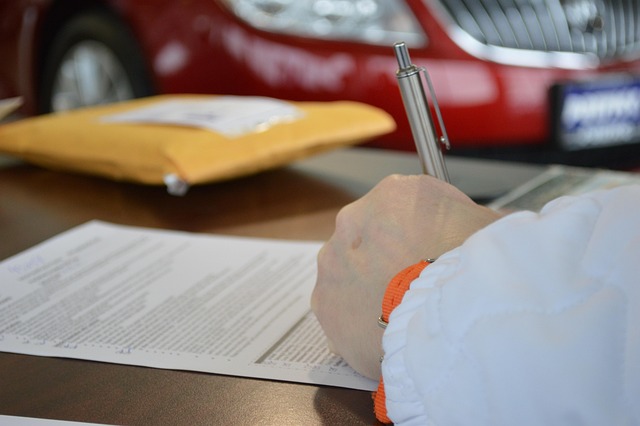Students renting accommodation must understand lease clauses to ensure fair terms and protect their rights. Key elements include tenancy duration, rent details, maintenance, subletting, visitors, parking, and dispute resolution. Thorough review helps students avoid pitfalls, manage budget, and secure favorable conditions, fostering a positive living experience.
Moving into a new place is exciting, but understanding lease agreements can be daunting for students. This comprehensive guide is designed to empower you with knowledge about lease clauses specifically tailored to your needs. From grasping basic agreements to negotiating terms, we’ll break down key clauses, your rights and responsibilities, and common pitfalls to avoid. By the end, you’ll be equipped to make informed decisions when renting your next student accommodation.
- Understanding Basic Lease Agreements
- Key Clauses Every Student Should Know
- Your Rights and Responsibilities
- Common Pitfalls to Avoid
- Negotiating Terms for Better Deals
Understanding Basic Lease Agreements

Lease agreements are a crucial part of the student experience, especially for those living off-campus or in shared spaces. Understanding basic lease clauses is essential to ensuring a smooth and fair rental experience. A typical lease agreement outlines the terms and conditions between a landlord and tenant, including rent amount, payment due dates, lease duration, and rules regarding subletting or pet ownership.
By reviewing the lease clauses students can protect their rights and avoid potential disputes. Key lease clauses to focus on include those related to maintenance responsibilities, damage coverage, and termination policies. Students should also pay close attention to any provisions concerning noise levels, visitor policy, and parking restrictions. Familiarizing yourself with these aspects of a lease agreement will empower you to make informed decisions when renting a space that suits your needs and budget.
Key Clauses Every Student Should Know

Every student renting a property should familiarize themselves with key lease clauses to ensure a smooth living experience and avoid any legal pitfalls. One vital clause is the duration of tenancy, which outlines when your lease begins and ends. Understanding this helps in planning your stay and budget effectively. Another crucial one is the rent amount and payment terms, clearly stating the financial obligations to avoid unexpected fees.
Additionally, maintenance responsibilities should be crystal clear. This clarifies who is responsible for routine repairs and larger maintenance issues. The subletting policy is also significant; it dictates whether and under what conditions you can assign your lease to another tenant. Lastly, the break clause or termination conditions provide guidelines on when either party can end the lease early, protecting both the student and the landlord.
Your Rights and Responsibilities

As a student, understanding your rights and responsibilities in a lease agreement is crucial when renting accommodation. When reviewing lease clauses, keep in mind that these legal documents outline what is expected of both you as the tenant and the landlord or property manager. Familiarize yourself with key terms such as rent payment deadlines, maintenance responsibilities, and subletting rules.
Your rights are equally important. Look for clauses that protect your privacy, ensure fair eviction procedures, and guarantee a safe living environment. Many lease agreements include provisions for resolving disputes, so be sure to understand the steps involved in this process. Additionally, pay close attention to any restrictions on pet ownership or specific rules regarding quiet hours, as these can significantly impact your overall housing experience.
Common Pitfalls to Avoid

Students often find themselves facing a maze of lease clauses when renting accommodation, which can be overwhelming and lead to common pitfalls. One of the main traps is signing without a thorough understanding of the agreement. Students might feel pressured to hurry through the process, especially when dealing with landlords or agents who promise quick moves. However, taking time to read and comprehend each clause is vital.
Another pitfall is not paying attention to specific details, such as duration of tenancy, payment terms, and maintenance responsibilities. Lease clauses can be complex, and what seems like a minor detail could have significant implications later. Students should always clarify any ambiguous points before signing and ensure they are protected by fair and transparent lease conditions.
Negotiating Terms for Better Deals

When negotiating your lease agreement, as a student, it’s crucial to understand that you hold significant power in securing favorable terms. Landlords often want long-term tenants, so they may be open to negotiations on key lease clauses. Start by reviewing comparable properties in your area and understanding market rates; this knowledge will empower you during discussions.
Focus on essential aspects like rent amount, payment frequency, and duration of stay. Students can advocate for lower rents or flexible payment options, especially if you’re part of a group of tenants. Additionally, consider asking for maintenance responsibilities clarification, ensuring repairs are the landlord’s responsibility, which can save students time and money.
